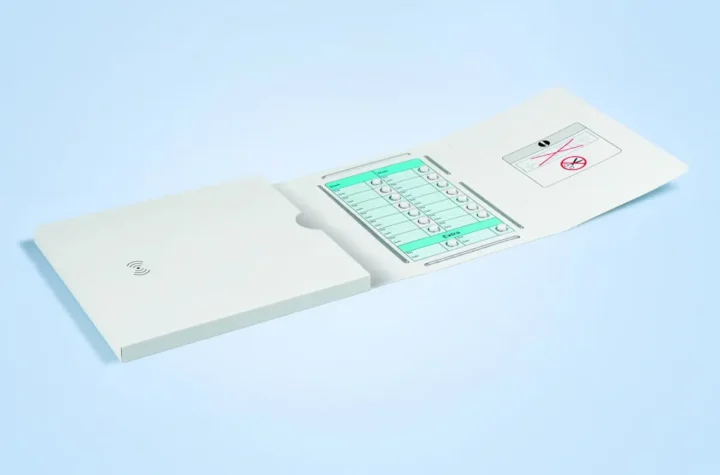
A parent’s dementia diagnosis might feel difficult to accept. You will likely experience various painful emotions, such as worry for their health, fear their life might be cut short, and anger with the cognitive disease.
As their son or daughter, you may have to take control of their health and wellbeing in the future. While the thought might feel scary, there is help and support available to ensure your mom or dad receives the appropriate care and enjoys a good quality of life.
If you’re unsure where to start, here are four considerations to make after a parent’s dementia diagnosis.
1. The Dementia Stage
It is important to remember that dementia isn’t a death sentence. Many people can remain independent for many years after a diagnosis. Yet, others’ health can quickly spiral. For this reason, you must talk to your parent’s doctor about the stage of dementia they’re at, which could help you decide on the help and support they will need in the near or distant future.
2. Mental Health Support
Your parent’s dementia diagnosis might take an emotional toll on them. As a result, they might struggle with the prospect of their cognitive health declining and any associated physical and neurological symptoms, such as memory loss, difficulty eating, incontinence, and more.
As a diagnosis will likely be overwhelming, your mom or dad could benefit from counseling or psychotherapy. The treatment could help them come to terms with the diagnosis and combat any feelings of anxiety or depression.
3. Independent Living
As mentioned, you may need to identify if your mom or dad can live independently. If a doctor believes they can, you may need to create a dementia-friendly home by:
- Improving the lighting in every room
- Removing trip hazards to prevent falls
- Installing safer floors, such as replacing hardwood flooring with carpet
- Labeling objects and food
However, it is important to be aware that your parent will likely need full-time care in the future due to the degenerative nature of the disease.
4. Assisted Living Communities
As your parent’s health will decline throughout the years, it might be a wise idea to review different assisted living communities, even if they can live independently at the moment. Perform extensive research to ensure you choose the right option for their needs. In addition to ensuring an assisted living community provides exceptional dementia care, you must identify the quality of life they will have.
When considering a senior living community and apartment home, Brightview senior living in Baltimore suggests you ask the following questions:
- Is the layout designed to provide a safe living environment?
- Can the kitchen and community provide the amenities needed?
- What kind of technology is offered, like Wi-Fi, to connect to the internet?
Most reputable assisted living communities will work with you and your family to ensure your parent receives the dementia care and support needed, which will provide your parent with a good quality of life.
Conclusion
A dementia diagnosis is bound to be heart-breaking for you, your parent, and their loved ones. Yet, they might be able to live an independent lifestyle for many years to come. If they are in an advanced stage of dementia, seek comfort in the fact that help is available to ensure your parent receives the care and support needed to protect their health and preserve their dignity.




More Stories
How to Select a Lightweight and Durable Transport Wheelchair
Key Considerations for Clinical Trial Packaging and Labeling
8 Reasons Why Moving Into A Care Home Can Be A Positive Thing